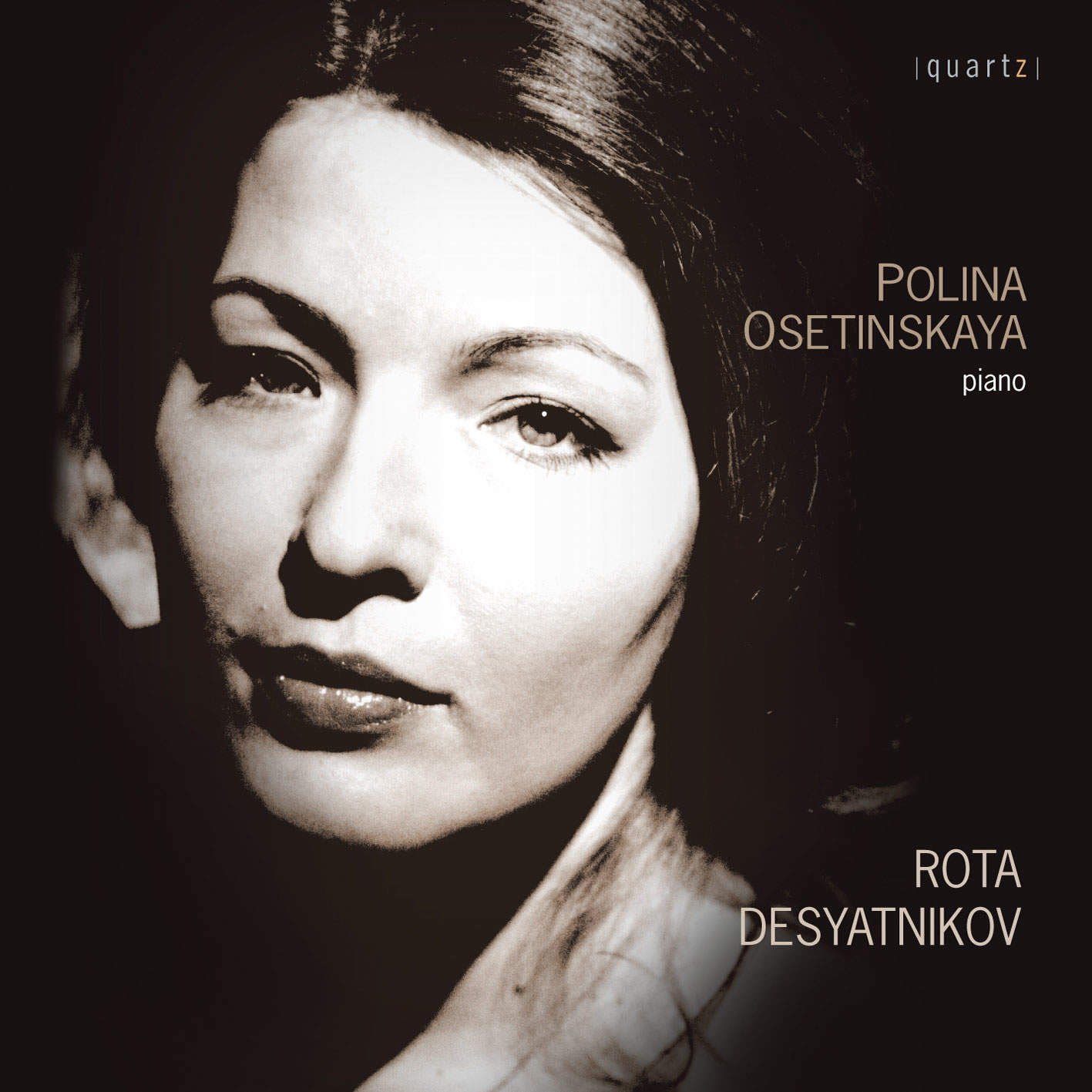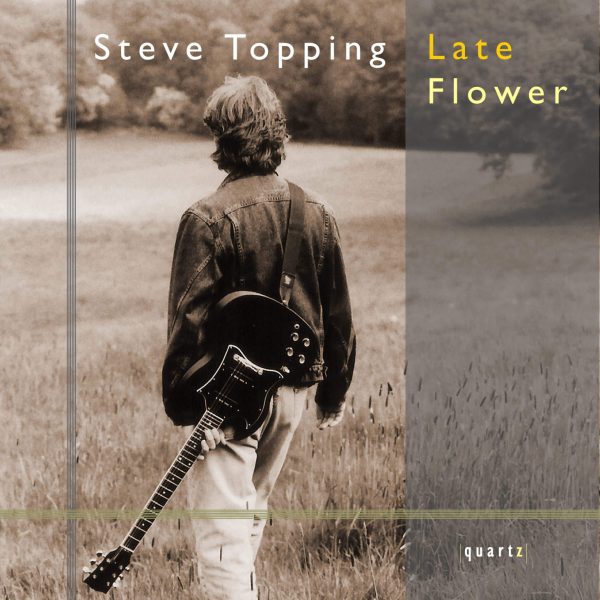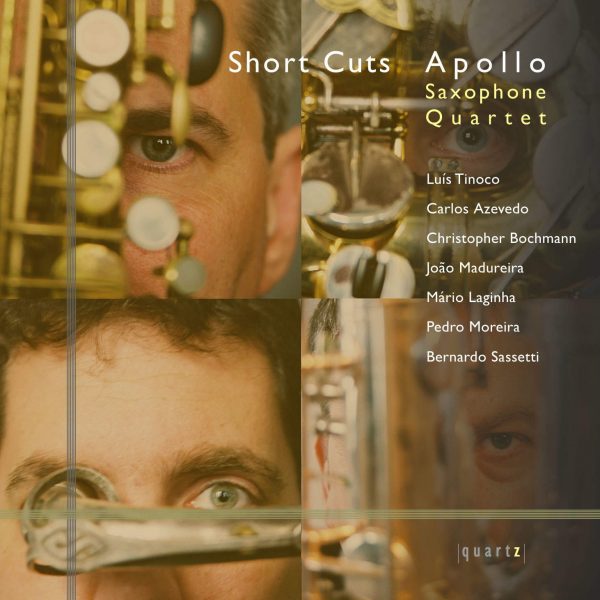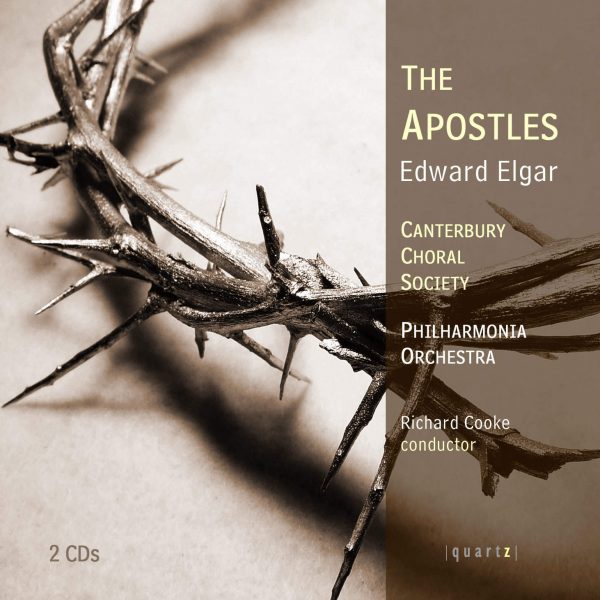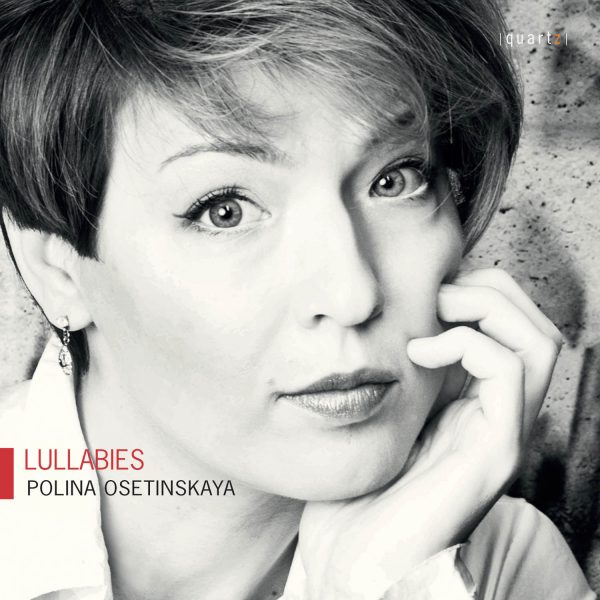Nino Rota & Leonid Desyatnikov
£5.99 – £11.99
Piano Music of Nino Rota & Leonid Desyatnikov
Nino Rota
Suite from Federico Fellini’s Casanova
15 Prelues for Piano
Leonid Desyatnikov
Nachklange aus dem Theater, Suite for Piano (Theatre Echoes)
In Honour of Dickens, Waltz
Nocturne from Giselle Obsession
Credit Titles from Moscow Nights
Happiness from The Target
Albumblatt
About This Recording
Nino Rota and Leonid Desyatnikov: a riposte to the 20th century
This disc of pieces played by the pianist Polina Osetinskaya brings together the music of Giovanni (“Nino”) Rota and Leonid Desyatnikov. An odd combination? – actually, no, Rota (1911-1979) lived entirely in the 20th century; Desyatnikov was born in 1955; but what these composers have in common is not just the century they lived in but the way their work challenges what academic music had become. Neither Rota nor Desyatnikov has ever been part of any musical movement and they have written no theoretical tracts, as was all the rage in the 20th century but we can still see their music as a riposte to contemporary isolationism, arrogance and fear of the listener.
At the conservatoire in Rome the student Rota was groomed to become the next Puccini. At the age of 12 this wunderkind wrote an oratorio which was instantly performed in Rome and Paris but by the middle of the 20th century, with the triumphant avant garde on one side and bloodless traditionalism on the other, there was no place for a second Puccini and Rota’s ten operas (the first written in 1942, the last in 1977) were always overshadowed by his film music. Rota was arguably the most important film composer of the 20th century, Federico Fellini’s friend and in many ways his co-author.
The first piece is the suite from Fellini’s Casanova, for which Rota first wrote the soundtrack before turning it into a piano piece. Casanova is arguably Fellini’s masterpiece, his most extravagant and most provocative creation. Far from being a titillating comedy, it is actually a tragedy, its hero not the legendary lover of the title so much as the spirit of the dying Baroque. In this film Fellini wrote a grandiose requiem to this supreme European artistic movement – dying but not dead: after all Fellini was undoubtedly himself a genius of the Baroque.
The composer sets Casanova’s measurelessly, madly indulgent life, off against the formality of musical expression: this is the coldest, most alienated music Rota ever wrote for Fellini. In the film it is mostly orchestrated but in the version played here you can discern its origin as a chamber piece.
By 1950 Rota had become disillusioned with lyric theatres and wrote the short radio opera I due timidi. This music contains a lyrical theme he used several times, which eventually became a worldwide hit as the Love Theme of Coppola’s film The Godfather. (It is also there in the Casanova Suite.) Both composers share this habit of taking old work and re-using it for a practical contemporary purpose. The past dissolves in the present, as if it had never been heard or understood before. In Rota’s case he obstinately revisited and promoted the music that pleased him most – and thanks to his obstinacy his melodic lines became some of the most recognisable in 20th century music.
Rota himself liked to perform the Fifteen Preludes from 1964 in concert. The lively and precise expression of emotion in each prelude makes the cycle a unified whole, though expressed through a number of different styles and genres.
Like Nino Rota, Leonid Desyatnikov has a comprehensive list of works in traditional forms to his credit: symphonies, operas, ballets. In his early days the composer worked in a number of different theatres in Leningrad and beyond. Later he reworked several of these scores as a piano cycle, which is how his concert suite Echoes of the Theatre came about. Here, eccentrically but with a certain artistic inevitability, he brought together music from puppet shows, a vaudeville for Conservatoire students, a cartoon and motifs from the songs of Vertinsky and Efim Rosenfeld.
The waltz In honour of Dickens was created from music written for the Leningrad Youth Theatre play The Cricket on the Hearth. Titry is from the soundtrack to Valery Todorovsky’s film Moscow Nights. Nocturne comes from Alexei Uchitel’s film Giselle Obsession. Happiness is the only solo piano number from Alexandr Zeldovich’s film The Target. Albumblatt was written for the birthday of Yulia Volk-Boreiko, wife of the conductor Andrei Boreiko.
This disc demonstrates that Stravinsky’s famous dictum – “Film music exists only to enrich the composer” – was really just an idle slander. Actually, even Stravinsky’s own greatest compositions exist in genres which before Tchaikovsky, were considered merely decorative. After Tchaikovsky and Stravinsky nobody ever again spoke in a derogatory way about ballet music, for example.
In one way at least Rota and Desyatnikov are both like Stravinsky – their music can stand perfectly well on its own and in Desyatnikov’s case it always surpasses the genre it was born from.
Track Listing
-
Nino Rota
- Suite from Casanova (i) O Venezia Venaga Venusia
- Suite from Casanova (ii) L'uccello magico
- Suite from Casanova (iii) Intermezzo della mantie religiosa
- Suite from Casanova (iv) The Great Mouna
- Suite from Casanova (v) Il duca di Wurttemberg - 1a parte
- Suite from Casanova (vi) Il duca di Wurttemberg - 2a parte
- Suite from Casanova (vii) La Poupée automate
- 15 Preludes for Piano (i) Allegro molto
- 15 Preludes for Piano (ii) Allegro ma espressivo e delicate
- 15 Preludes for Piano (iii) Allegretto con spirit
- 15 Preludes for Piano (iv) Andante sostenuto ed espressivo
- 15 Preludes for Piano (v) Con impeto
- 15 Preludes for Piano (vi) Andante
- 15 Preludes for Piano (vii) Allegro con spirit
- 15 Preludes for Piano (viii) Lento con accento
- 15 Preludes for Piano (ix) Allegretto quasi andantino
- 15 Preludes for Piano (x) Allegro mosso e marcato
- 15 Preludes for Piano (xi) Andante senza lentezza
- 15 Preludes for Piano (xii) Allegro
- 15 Preludes for Piano (xiii) Andante cantabile
- 15 Preludes for Piano (xiv) Allegro non troppo e marcato
- 15 Preludes for Piano (xv) Allegro robusto Leonid Desyatnikov
- Nachklange aus dem Theater (i) Overture. Masque
- Nachklange aus dem Theater (ii) From Kashchey's Life
- Nachklange aus dem Theater (iii) Vaudeville
- Nachklange aus dem Theater (iv) Jamais...(Elegy)
- Nachklange aus dem Theater (v) Rondeau-chase
- Nachklange aus dem Theater (vi) Little Bells (to the memory of E. Rosenfeld)
- Nachklange aus dem Theater (vii) Finale. Masque
- In Honour of Dickens. Waltz
- Nocturne from Giselle Obsession
- Credit Titles from Moscow Nights
- Happiness from The Target
- Albumblatt
Press Reviews
About previous recordings by Polina Osetinskaya:
“A master jeweller. In her subtle, if not to say refined, interpretation the composer appeared as a philosophical intellectual, and it is thanks to these pensive and critical interpretations that Polina Osetinskaya proffers that Shostakovich’s music remains topical and even highly relevant art.” —Kommersant
